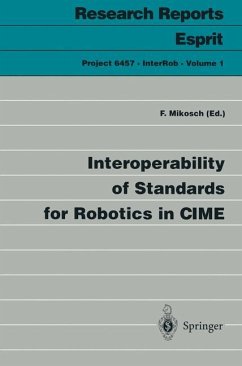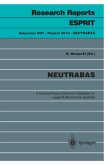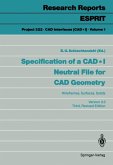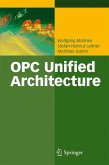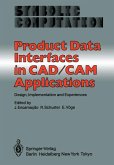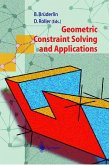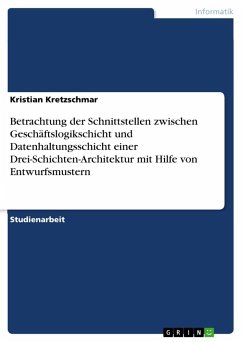The earlier ESPRIT Projects CAD_I (ESPRIT 322) and NIRO (ESPRIT 5109) have made significant contributions to the foundations of Product Data Technology, particularly in the standardisation of product descriptions and robot kinematics in STEP (ISO 10303) and in robotics programming languages. InterRob (ESPRIT 6457), their direct successor, has been building on these results and has extended them to mature applications of Product Data Technology for robotics in high precision manufacturing. The InterRob approach is based on standardised models for product geometry, kinematics, robotics, dynamics, and control, hence on a coherent neutral information model of the process chain from design to manufacturing. This process thus supports product design, analysis, simulation, robot programming and control by a flexible chain of software modules connected by neutral interfaces. The approach enables the off-line programming of robots relying on CAD product definitions, thus avoiding the muchmore tedious and inflexible teach-in programming. This capability is a key advantage in one-of-a-kind production. Applications in plasma spraying of high-precision parts in the aerospace industry and robot welding of complex pipe connections in shipbuilding demonstrate the viability of the approach. The economic success of the methodology is based on the built-in quality control for the information flow and on significant time and cost savings. InterRob has also made valuable contributions to PDT standardisation, both by relying on existing and evolving standards (ISO STEP AP 203, AP 214) and by extending these models particularly for robotics.
Hinweis: Dieser Artikel kann nur an eine deutsche Lieferadresse ausgeliefert werden.
Hinweis: Dieser Artikel kann nur an eine deutsche Lieferadresse ausgeliefert werden.

